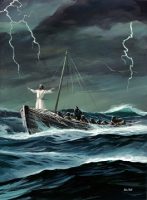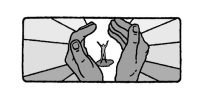Friday: Further Thought – The Lord Hears and Delivers
Daily Lesson for Friday 26th of January 2024 Read Ellen G. White, “The Night of Wrestling,” pp. 195–203, in Patriarchs and Prophets. What can we learn from Jacob’s experience about the power of importunate prayer and unreserved trust in God? The Psalms strengthen our faith in God, who is the never-failing Refuge for those who … Continue reading –>











